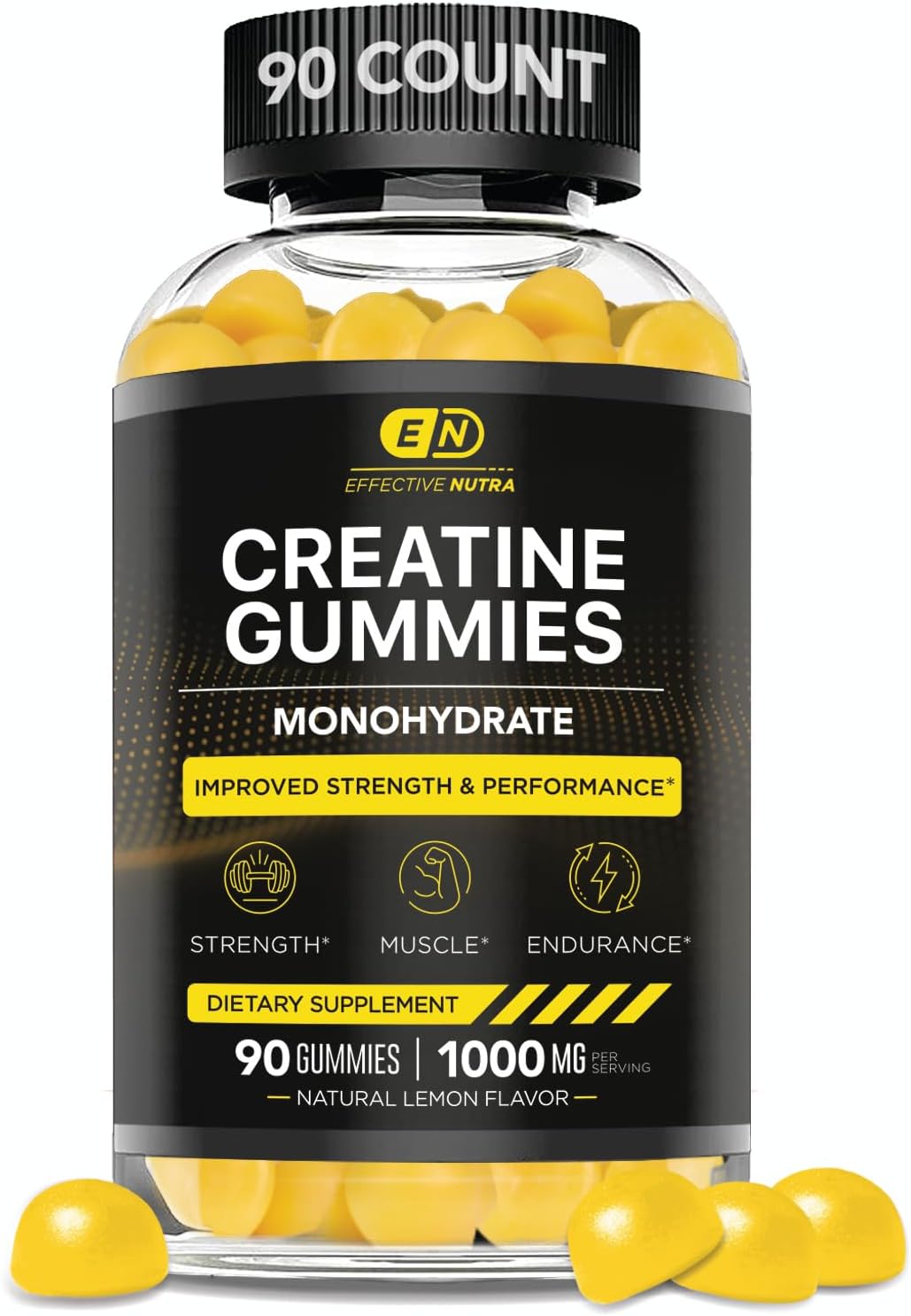Creatine For Beginners: A Comprehensive Guide

Table of Contents
What is Creatine and How Does it Work?
Creatine is a naturally occurring compound primarily found in muscle tissue. Its primary function is to increase the stores of phosphocreatine, a crucial molecule for producing adenosine triphosphate (ATP). ATP is the primary energy source for short, intense bursts of muscle activity, like weightlifting or sprinting. By increasing phosphocreatine levels, creatine helps your muscles produce more ATP, leading to improved performance during high-intensity exercise.
While several types of creatine exist (creatine ethyl ester, creatine HCL, etc.), creatine monohydrate stands out as the most extensively researched and effective form. For beginners, focusing on creatine monohydrate is the best approach due to its proven efficacy and safety profile.
- Creatine enhances high-intensity exercise performance.
- Creatine promotes muscle growth and strength gains.
- Creatine monohydrate is the most studied and recommended form.
- Creatine is generally safe for healthy individuals.
Benefits of Creatine for Beginners
The advantages of creatine for beginners are numerous and impactful. You can expect noticeable improvements in various aspects of your fitness journey without needing complex training programs or strict dietary restrictions.
- Increased strength and power output during workouts: You'll notice you can lift heavier weights or perform more reps with increased power.
- Faster muscle recovery after training sessions: Creatine can help reduce muscle soreness and fatigue, allowing you to train more frequently and effectively.
- Potential for enhanced muscle growth (hypertrophy): Creatine supplementation, combined with resistance training, can contribute significantly to muscle growth.
- Improved overall athletic performance: Whether you're into weightlifting, sprinting, or other high-intensity activities, creatine can boost your performance.
- May help with cognitive function: While less prominent than the muscle benefits, some studies suggest creatine may improve certain aspects of cognitive function.
How to Take Creatine Safely and Effectively
For beginners, the recommended daily dosage of creatine monohydrate is typically 3-5 grams. Many people find it convenient to mix it with water or juice. While a loading phase (20 grams daily for 5-7 days) can speed up the saturation of creatine in your muscles, it's not strictly necessary. The maintenance phase of 3-5 grams daily is sufficient for long-term benefits. Consistency is key; taking creatine regularly is crucial to experience its full effects.
- Recommended dosage: 3-5 grams daily.
- Loading phase (optional): 20 grams per day for 5-7 days.
- Maintenance phase: 3-5 grams daily.
- Consume with carbohydrates and protein: This improves absorption.
- Stay well-hydrated: This is crucial for overall health and creatine effectiveness.
Potential Side Effects and Precautions
While creatine is generally safe, some individuals might experience mild side effects. The most common is water retention, leading to a slight increase in body weight. This is usually harmless and temporary. Some users may also experience mild stomach upset, such as cramps or bloating. These side effects are usually mild and easily manageable.
However, individuals with pre-existing kidney conditions should consult their doctor before using creatine. It's always advisable to discuss any new supplements with your healthcare provider, especially if you have underlying health concerns.
- Water retention (most common).
- Mild stomach upset (cramps, bloating).
- Consult a doctor if you have kidney problems or other health concerns.
- Creatine is generally safe when used as directed.
Creatine and Your Diet
Your diet plays a significant role in creatine absorption and overall effectiveness. Consuming sufficient protein is essential for muscle growth, which is further enhanced by creatine. Pairing creatine with carbohydrates improves its absorption. Maintaining a balanced, healthy diet overall will maximize the benefits of creatine supplementation.
- Consume sufficient protein for muscle growth.
- Pair with carbohydrates to improve creatine absorption.
- Maintain a balanced, healthy diet overall.
Conclusion
Creatine is a safe and effective supplement for beginners looking to improve their strength, power, and muscle growth. When used correctly, it can significantly enhance athletic performance and contribute to a successful fitness journey. Remember, consistency is key, and maintaining a healthy diet and hydration are crucial for optimal results.
Ready to experience the benefits of creatine and elevate your fitness journey? Start your creatine supplementation today, and remember to consult your doctor or a registered dietitian before starting any new supplement. Learn more about creatine dosage and the best creatine for beginners by researching further online.

Featured Posts
-
 Elon Musk Denies Fathering Amber Heards Twins After Embryo Dispute
May 16, 2025
Elon Musk Denies Fathering Amber Heards Twins After Embryo Dispute
May 16, 2025 -
 China And The Fentanyl Trade A Former Us Envoys Assessment
May 16, 2025
China And The Fentanyl Trade A Former Us Envoys Assessment
May 16, 2025 -
 N Kh L Zakharova O Dostizhenii Ovechkina
May 16, 2025
N Kh L Zakharova O Dostizhenii Ovechkina
May 16, 2025 -
 Tam Krwz Ke Jwte Pr Pawn Rkhne Waly Khatwn Mdah Awr Adakar Ka Rdeml
May 16, 2025
Tam Krwz Ke Jwte Pr Pawn Rkhne Waly Khatwn Mdah Awr Adakar Ka Rdeml
May 16, 2025 -
 Section 230 And Banned Chemicals A Recent E Bay Ruling
May 16, 2025
Section 230 And Banned Chemicals A Recent E Bay Ruling
May 16, 2025
